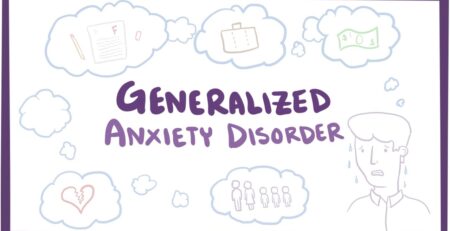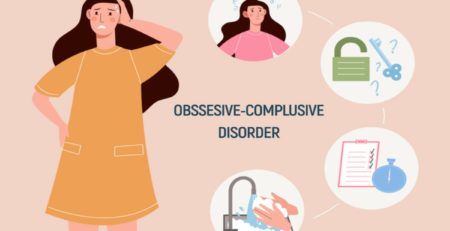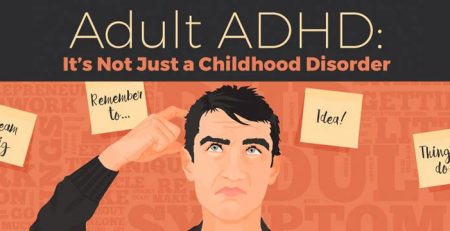Disruptive vs. Persistent Mood Disorder
Disruptive mood disorder or disruptive mood dysregulation disorder is a form of chronic, severe, persistent irritability in children, whereas persistent mood disorder or persistent depressive disorder is a long-term form of chronic depression. The treatment for disruptive mood disorder and persistent mood disorder in Kansas City is available. It is important for you to learn more about how each mood disorder differs from each other.
Disruptive Mood Disorder
Disruptive mood disorder is a childhood condition that involves extreme anger, irritability, and frequent outbursts.
Symptoms of Disruptive Mood Disorder
The symptoms of disruptive mood disorder usually start before the age of 10, but medical professionals do not diagnose a person with this mood disorder if they are under the age of 6 or over the age of 18. The following are the symptoms of disruptive mood disorder:
- Angry or irritable mood each day for most of the day.
- Severe angry outbursts, either behavioral or verbal, at an average of three times or more each week that do not correspond with the situation or the person’s developmental level.
- Trouble functioning due to feeling irritable in several places such as at home, school, or with friends.
For a medical professional to provide disruptive mood treatment in Kansas City, it is necessary for the child to exhibit these symptoms over time for 12 months or more.
Disruptive Mood Disorder Treatment
A medical professional will determine the type of treatment to give a child exhibiting symptoms of disruptive mood disorder by seeing what symptoms they share with other disorders. Some of the disorders they will look into for treatment options include anxiety disorders, major depressive disorder, attention deficit hyperactivity disorder (ADHD), and oppositional defiant disorder. Some of the treatments used include:
- Medication
- Psychological Treatments
- Parent Training
- Computer-based Training
- Psychotherapy
Persistent Mood Disorder
Persistent mood disorder is a chronic form of depression that affects adults, causing them to lose interest in everyday activities, lack productivity, experience low self-esteem, feel hopeless, and feel inadequate. These types of feelings can last for several years and interfere with their relationships at work or school, as well as other day-to-day activities.
Symptoms of Persistent Mood Disorder
Symptoms of persistent mood disorder normally appear, disappear, and reappear over a period of years with their intensity changing with time. However, usually, its symptoms last for two months or more at a time before they disappear.
Moreover, major episodes of depression may occur either before or during persistent depressive disorder, also known as double depression. The following are the symptoms of persistent mood disorder:
- Loss of interest in day-to-day activities
- Sadness, feeling low, or emptiness
- Hopelessness
- Low energy levels or tiredness
- Low self-esteem, feeling incapable, or self-criticism
- Unable to concentrate or make decisions
- Avoiding social activities
- Irritability or extreme anger
- Feeling guilty and being worried
- Overeating or poor appetite
- Unable to sleep
Any person who suspects they suffer from persistent mood disorder should consult a medical professional for persistent mood disorder treatment in Kansas City.
Persistent Mood Disorder Treatment
A medical professional will recommend a treatment for you based on the following:
- Severity of symptoms
- Your wish to address situational or emotional issues affecting your life
- Your personal preferences
- Prior treatment methods
- Unable to tolerate medication
- Other emotional issues
A medical professional may recommend medication, such as SSRIs, TCAs, and SNRIs or psychotherapy.
If you think you suffer from either disorder, you need to seek treatment for persistent mood disorder or disruptive mood disorder in Kansas City.











